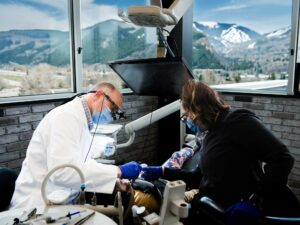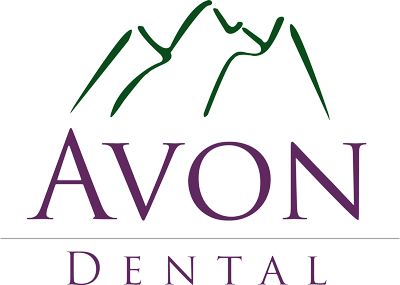Sedation Dentistry
We use advanced sedation dentistry for a wide variety of in-house services. Our goal is to ensure you are comfortable, calm and relaxed through any dental treatment or dental procedure. Our team will work closely with you to assess what fears you may have and determine a treatment option that feels comfortable for you.

Wisdom Teeth Removal Using IV Sedation
Wisdom teeth removal is considered a category of oral surgery, but your dentist or an oral surgeon can remove wisdom teeth. This procedure usually requires a general anesthetic, especially if you are having more than one wisdom tooth pulled at the same time. Your dentist will give you sedation anesthesia through an intravenous (IV) line in your arm. With this option, you won’t feel any pain and will have limited memory of the procedure. You’ll also receive local anesthesia to numb your gums.
What to Keep in Mind After Your Surgery
Your dentist will give you instructions on the best healing after your surgery. Below are a few things to keep in mind:
Bleeding: Bleeding is normal for the first day after your surgery. Avoid excessive spitting so you don’t dislodge the blood clot from the socket. You will need to replace the gauze over your extraction site as directed by your dentist.
Pain Management: You may be given over-the-counter pain relievers or prescription pain medication to manage your pain. Prescription pain medication may be helpful if the bone has been removed during the procedure. Holding an ice pack against your jaw can also relieve pain.
Swelling: Using an ice pack on your cheek will help with swelling and should improve within two to three days. Bruising may occur and may take several more days to heal.
Rest: For the rest of your day after your surgery, you should plan to rest and take it easy. You can resume normal activities the next day, but for at least a week, it is recommended that you avoid strenuous activity that might result in losing the blood clot from the socket.
Stitches: You may have stitches that dissolve within a few weeks or no stitches at all. If you have stitches that need to be removed, your dentist will schedule a time for you to remove them.
Avoid for the first 24 hours:
- Alcoholic beverages
- Caffeine
- Carbonated beverages
- Hot beverages
- Hard, chewy, burning, or spicy foods
Avoid for the first week:
- Drinking through a straw
- Tobacco use
When to Call Your Dentist
If you are experiencing any of the following symptoms, you should contact your dentist right away as it could be a sign of infection, nerve damage, or other serious complications:
- Difficulty swallowing or breathing
- Excessive bleeding
- Fever
- Severe pain not relieved by prescribed pain medications
- Swelling that worsens after two or three days
- A bad taste in your mouth not removed with saltwater rinsing
- Pus in or oozing from the socket
- Persistent numbness or loss of feeling around the area
- Blood or pus in nasal discharge
- If you have any of these symptoms, call our office
-
What is laughing gas and what does it do?
Laughing gas is a common name for Nitrous Oxide and is commonly used as a local sedation method. It’s colorless and odorless and its usefulness stems from its ability to quickly work and safely reverse its effects. It is a widely considered safe dental sedation method.
-
What type of anesthesia are used for dental work?
The most common types of anesthesia used are local anesthesia, IV sedation and general anesthesia. Local anesthesia is a numbing medication that is injected directly in the area that is to be treated—usually the gums around an effected tooth. In contrast, general anesthesia produces a more profound experience that usually leaves no memory of the actual procedure. It’s typically used for more intensive procedures like tooth extraction, dental implants or other surgical procedures and the patient is unconscious during the process. IV sedation is a deeper type of anesthesia that achieves a period of brief sedation with very little memory of the surgery.
More Questions?
If you have more questions about dental sedation and the procedures used by Avon Dental, please contact our office and we will be happy to discuss further.

